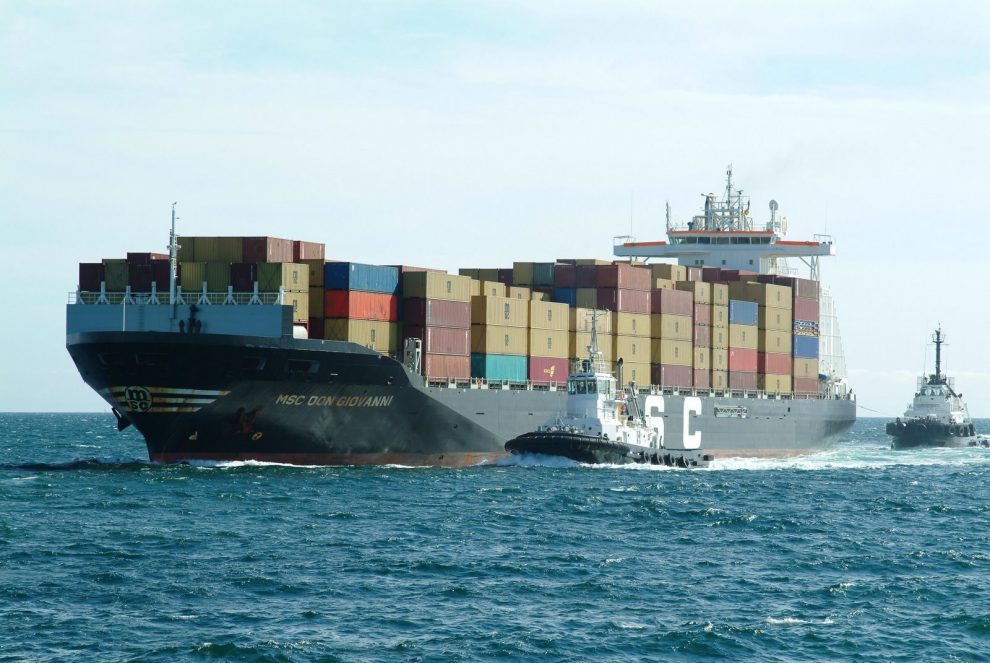AN ADVANCE in the Brexit negotiations between the European Union and the UK Government has been rejected by the US Government and other major agricultural exporters.
EU negotiators had reached a tentative agreement with the UK to establish a single approach to dividing up their relationship with other members of the World Trade Organization post-Brexit.
At the moment, the UK is a joint member of the WTO with the other 27 EU members.
The British economy accounts for about 16 percent of the EU economy but its share of EU imports from other WTO countries at preferential tariffs varies according to products.
As the UK quits the EU in 2019, it will need to separate out its share of the EU’s overall quotas for farm goods that can be imported from countries such as New Zealand and Australia.
According to Reuters, neither the remaining EU states nor Britain want to have to accept greater quantities of low- or zero-duty farm imports from the rest of the world to avoid increasing competition for their own producers. But determining where such goods currently end up being consumed inside the EU customs union is problematic.
In an interview with Bloomberg News, International Trade Secretary Liam Fox said: “We have come to an agreement on the methodology of splitting EU quotas as we move forward,”
The Cabinet Minister described the agreement as ‘a step in the right direction’, but not a final agreement.
However, the agreement reached on quotas has been rejected by seven members of the WTO, including the USA.
Those signing a joint letter objecting to the agreement are US, Canada, New Zealand, Argentina, Uruguay, Brazil and Thailand.
The letter from the objectors states they were not consulted and the deal would disrupt “the delicate balance of concessions and entitlements that is fundamental to the global trade architecture today.”
It continues: “We are aware of media reports suggesting the possibility of a bilateral agreement between the United Kingdom and the European Union 27 countries about splitting Tariff Relief Quotas based on historical averages.
“We would like to record that such an outcome would not be consistent with the principle of leaving other WTO members no worse off, nor fully honour the existing TRQ access commitments.
“Thus, we cannot accept such an agreement.”
A spokesperson for the UK Government promised to coordinate with the complainants: “The UK wants to ensure a smooth transition which minimizes the disruption to our trading relationships with other WTO members and tariff rate quotas are one of the issues that we are discussing with the EU, and with WTO members.”
But New Zealand’s Deputy Trade Secretary tweeted: “Sorry that key partners assume a deal they strike between them will suit the rest of the world.”
And the US Government said: “Ensuring that US exporters of food and agricultural products have the market access in Europe due to them even after Brexit is a high priority for the administration.”
In a response to Brexit, exporters to the EU will want to redress what they regard as an imbalance in quotas by seeking larger export quotas for their own goods. That move could spell disaster for UK farmers, as goods could be dumped on to the UK market, potentially pushing already pressed British farmers out of business.
The British-EU proposal is expected to be debated during the WTO’s week of agricultural talks later this month and at the WTO ministerial conference in Buenos Aires in December.


















Add Comment